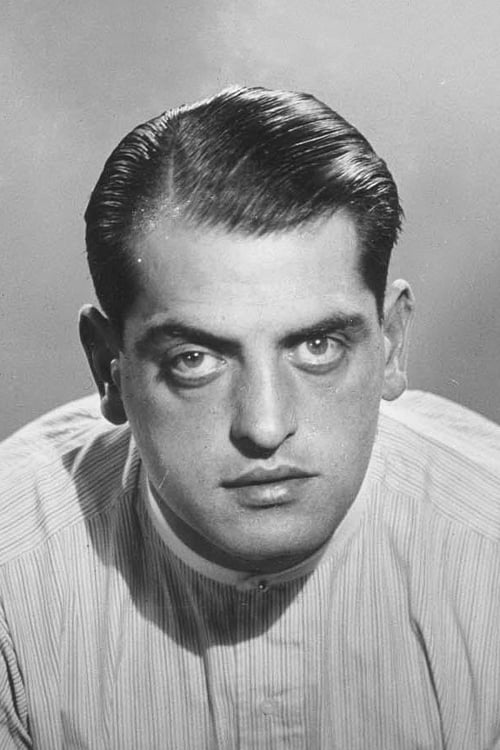
Luis Buñuel
Luis Buñuel Portolés (Spanish: [ˈlwis βuˈɲwel poɾtoˈles]; 22 February 1900 – 29 July 1983) was a Spanish filmmaker who worked in France, Mexico, and Spain. He has been widely considered by many film critics, historians, and directors to be one of the greatest and most influential filmmakers of all time. Buñuel's work was known for its avant-garde surrealism which was also infused with political commentary and social satire.
Often associated with the surrealist movement of the 1920s, Buñuel made films from the 1920s through the 1970s. He collaborated with prolific surrealist painter Salvador Dali creating the films Un Chien Andalou (1929), which was made in the silent era and L'Age d'Or (1930). The two films are seen as the birth of Cinematic surrealism. From 1947 to 1960 he developed his skills as a director filming in Mexico making grounded and human melodramas such as Gran Casino (1947), Los Olvidados (1950), and Él (1953). Here is where he gained the fundamentals of storytelling.
Buñuel than transitioned into making artful, unconventional, surrealist, and political satirical films. He earned acclaim with the morally complex arthouse drama film Viridiana (1961) which criticized the Francoist dictatorship. The film won the Palme d'Or at the 1961 Cannes Film Festival. He then criticized political and social conditions in The Exterminating Angel (1962), and The Discreet Charm of the Bourgeoise (1972) the later of which won the Academy Award for Best International Feature Film. He also directed Diary of a Chambermaid (1964), and Belle de Jour (1967), as well as his final film That Obscure Object of Desire (1977) the later of which earned the National Society of Film Critics Award for Best Director.
Buñuel earned five Cannes Film Festival prizes, two Berlin International Film Festival prizes, and a BAFTA Award as well as nominations for two Academy Awards. Buñuel received numerous honors including National Prize for Arts and Sciences for Fine Arts in 1977, the Moscow International Film Festival Contribution to Cinema Prize in 1979, and the Career Golden Lion in 1982. He was nominated once for the Nobel Prize in Literature in 1968. Seven of Buñuel's films are included in Sight & Sound's 2012 critics' poll of the top 250 films of all time.
Known For
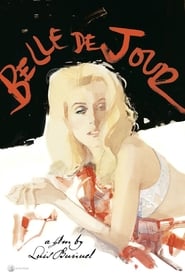
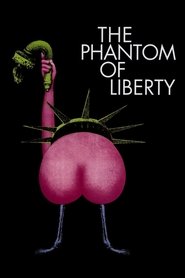


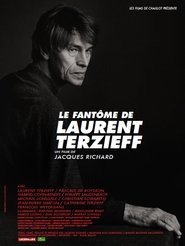
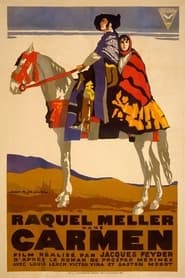
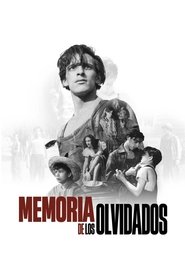
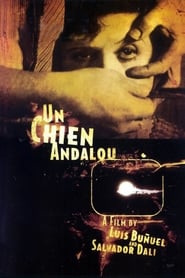
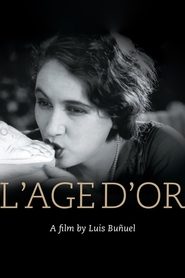

Credits
-
Self (archive footage)★ NR
-
(archive footage)★ NR
-
Self (archive footage)★ 6
-
Self - Filmmaker (archive footage)★ 7
-
Self - Filmmaker (archive footage)★ 6.9
-
Self (archive footage)★ 5.2
-
Discovering Buñuel 2012Self/Archive Footage★ NR
-
Self (archive footage)★ 7.2
-
tvSSFBM EHKL 2001Himself (archive footage)★ 7
-
Speaking of Buñuel 2000Self (archive footage)★ 5.9
-
Buñuel in Hollywood 2000Self (archive footage)★ 7
-
Self (archive footage)★ NR
-
A Mexican Buñuel 1997Self (archival)★ 5.8
-
Self★ 7
-
Buñuel 1984Self★ 5
-
Self (archive footage)★ NR
-
A Condemned Man (uncredited)★ 7.4
-
Fall of a Body 1973Un invité (uncredited)★ 5.4
-
Himself★ 6
-
The Milky Way 1969(voice) (uncredited)★ 7
-
Belle de Jour 1967Man in Gardencafe - Left from the Duke (uncredited)★ 7.3
-
Cura★ 5.3
-
Weeping for a Bandit 1964El verdugo★ 5.1
-
Self★ 7.2
-
Reflets de Cannes 1954Self★ 2
-
L'Âge d'or 1930(uncredited)★ 6.8
-
Un Chien Andalou 1929Man in Prologue (uncredited)★ 7.4
-
Montparnasse 1929★ 6.4
-
Mauprat 1926Monk / Guardsman★ 6.5
-
Carmen 1926Contrebandier chez lillas pastia★ 6.1



























